Breaking: Kamehameha Schools acquires thousands of acres at Kaupō Ranch and Hāmākualoa, Maui
Kamehameha Schools announced today its acquisition of more than 4,500 acres of land from Kaupō Ranch Ltd. on southeastern Maui for approximately $21 million.
Kamehameha Schools has also acquired 1,053 acres within the Hāmākualoa district of north Maui for $13 million. The acquisition is comprised of three separate areas:
- East Kaupakulua, which totals approximately 277 acres located in the Haʻikū area of Maui, between Hāna Highway and the northern coastline of the island.
- Kuiaha, which consists of approximately 161 acres along with agricultural land and gulches that have been used to grow pineapple crops since the early 1950s.
- Halehaku, which includes approximately 614 acres located in the Haʻikū area of Maui, between Hāna Highway and the northern coastline of the island. Most of the eastern portion of Halehaku is grassy pastureland.
The Kaupō region—located west of Kīpahulu along the Kahikinui coastline—has been actively ranched for over 100 years and is recognized for its natural and cultural landscapes. Kamehameha Schools will continue ranching, food production, guided hunting and ecotourism on the property, while exploring educational opportunities for its Maui campus and community partners.
“ʻĀina is core to Native Hawaiian identity and well-being—framing our shared histories, traditions and relationships,” said Kā‘eo Duarte, Kamehameha Schools vice president of Community and ‘Āina Resiliency. “Kamehameha Schools’ ʻāina portfolio provides financial returns while allowing us to cultivate prosperous communities for keiki and ‘ohana. With an expanded presence on Maui, we have increased opportunities to work with Native Hawaiian communities and other organizations to support ʻāina-based education and partnerships, natural and cultural landscapes, agriculture and food systems, and other appropriate industries.”
Kaupō is historically and culturally significant with petroglyphs, heiau and remnants of historic fishing villages and agriculture systems. The lands are associated with Maui King Kekaulike who made Kaupō his residential seat during the early 18th century. The property includes Naholokū, Waiū and Kaupō Homesteads, ma uka to ma kai connectivity and water resources.
“For many decades our family, partners, and shareholders have stewarded Kaupō Ranch with a sincere appreciation of the unique sense of place and respect for the culture and lifestyle,” said Wendy Baldwin, whose family has been tied to Kaupō Ranch for generations. “It is a great comfort to know that, as the new owners of this land, Kamehameha Schools will preserve for future generations the traditions that make Kaupō special.”
Retaining the lands in Hawaiian ownership was part of Kamehameha Schools’ attraction to these properties, furthering community opportunities in education, culture, resource management, economic development through food and farming and Native Hawaiian identity connected to ʻāina.
“Our stewardship of this land unlocks educational opportunities for our haumāna, kumu and the Native Hawaiian community,” said Dr. Scott K. Parker, po‘o kula of Kamehameha Schools Maui. “Our kula will have the ability to expand our ʻāina- and sustainability-based learning with cultural, environmental, scientific, career pathways, and other educational assets, helping our haumāna deepen their connection to Maui and strengthen their sense of place.”
Princess Bernice Pauahi Bishop’s Last Will & Testament recorded in 1883 advises her trustees, “reinvest the proceeds and the balance of [her] estate in real estate” which the organization continues to do today in service of its commitment to preparing the next generation of ʻōiwi leaders for success in life through a personalized educational approach that includes as part of its foundation Aloha ʻĀina, a love for land and its people.
In addition to these acquisition, KS stewards approximately 364,000 acres of land across the pae ‘āina, including the Kamehameha Schools Maui campus in ʻAʻapueo and another 2,673 acres on Maui, mostly in agriculture in Lahaina.





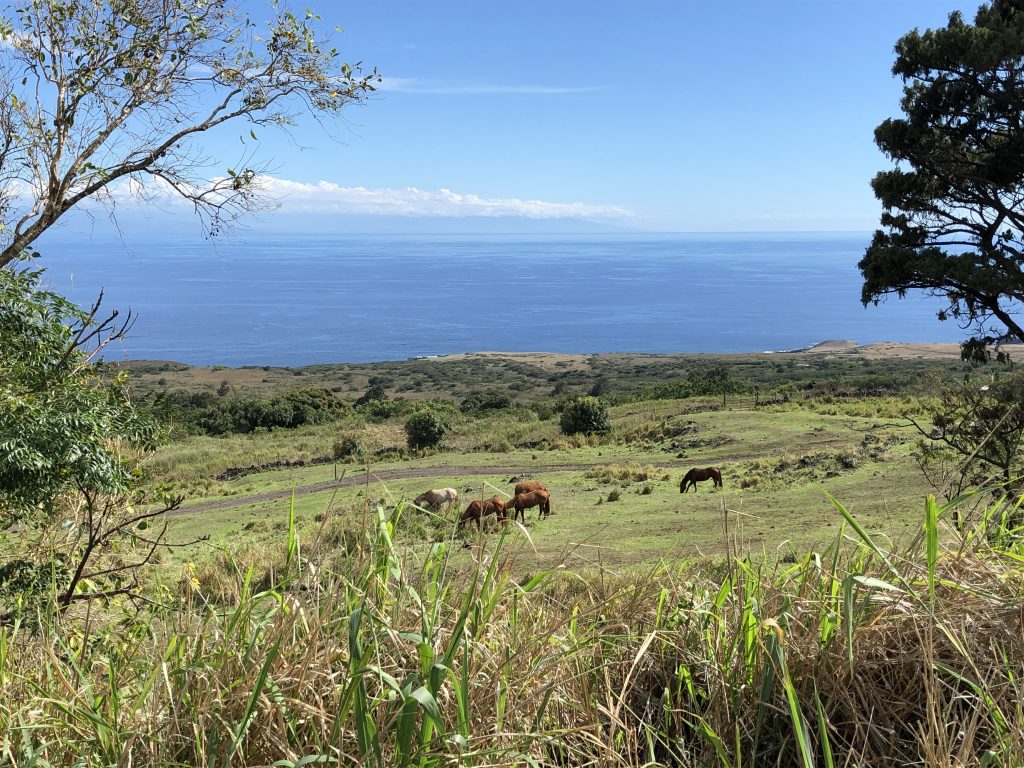
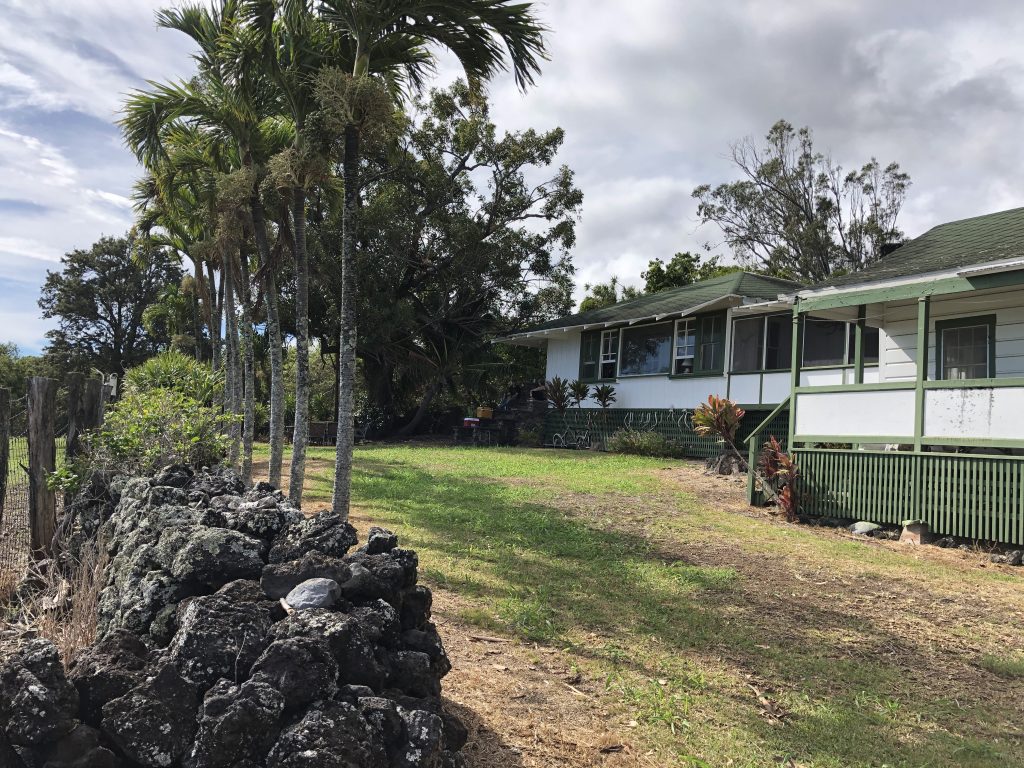
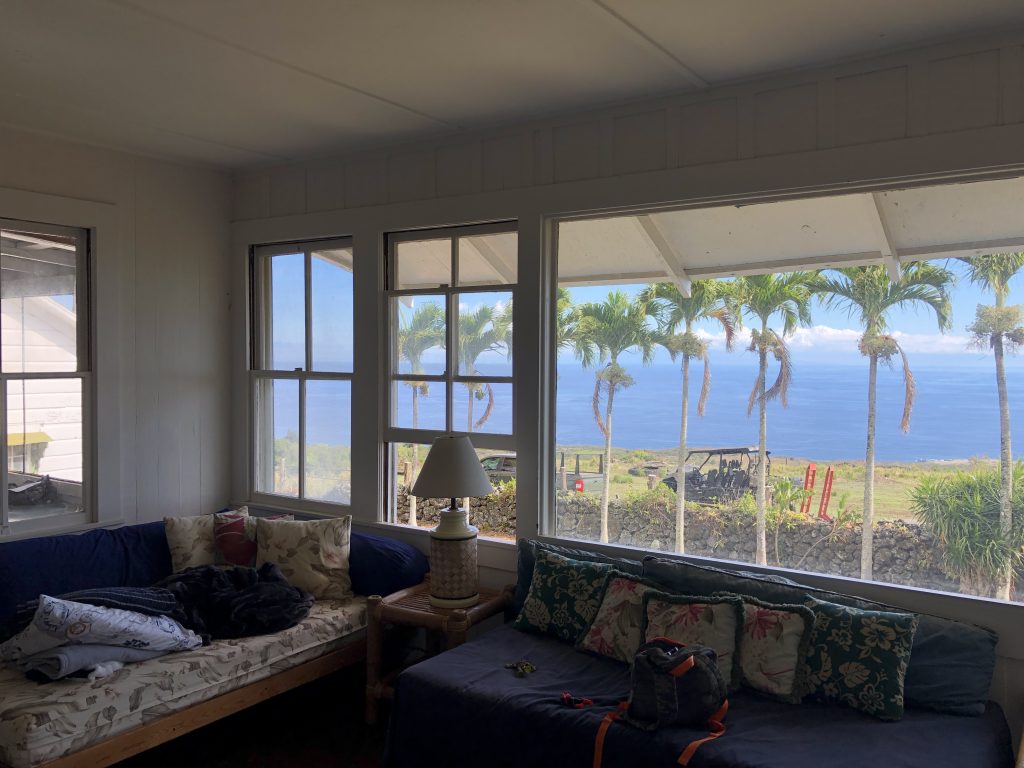
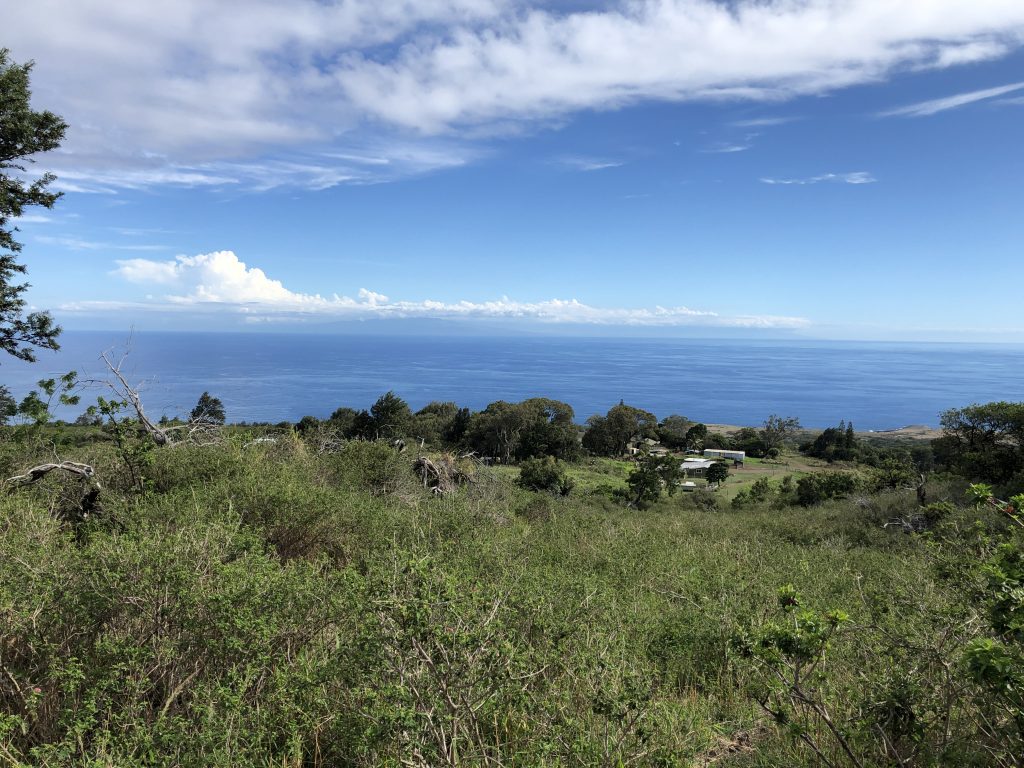
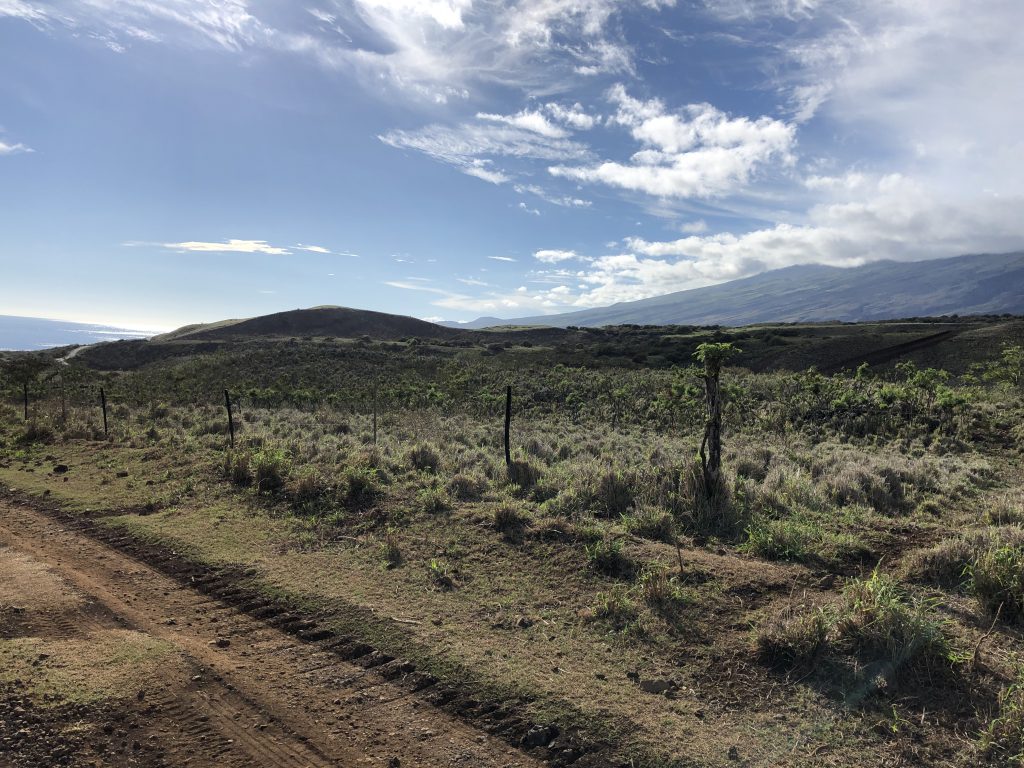
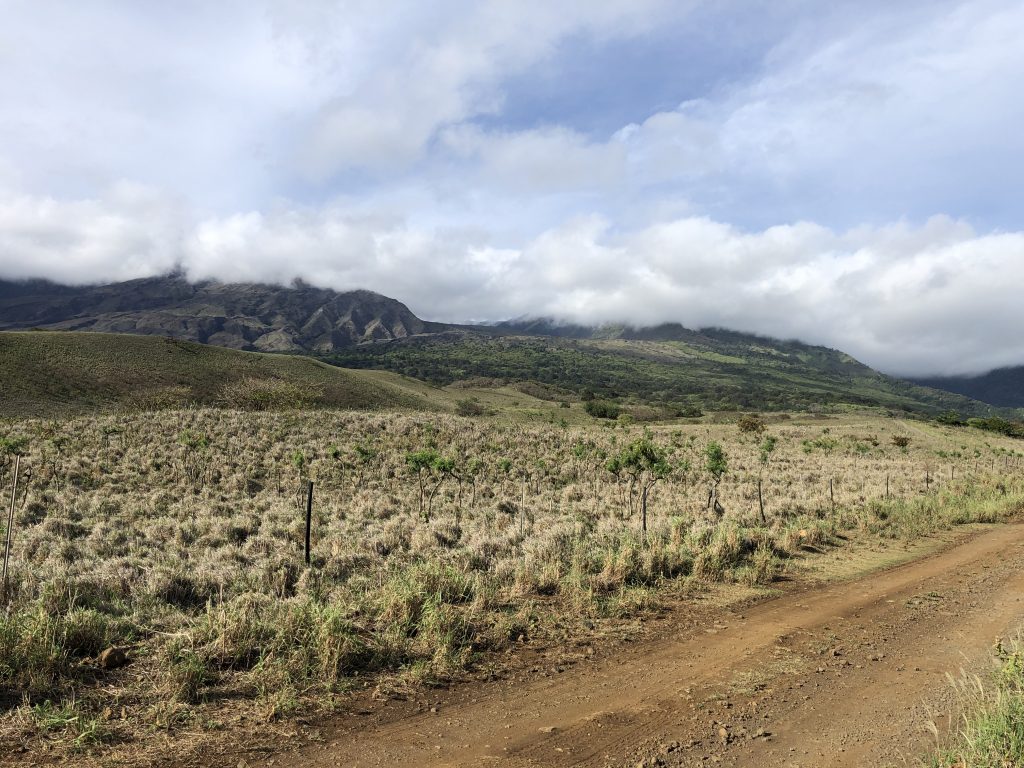
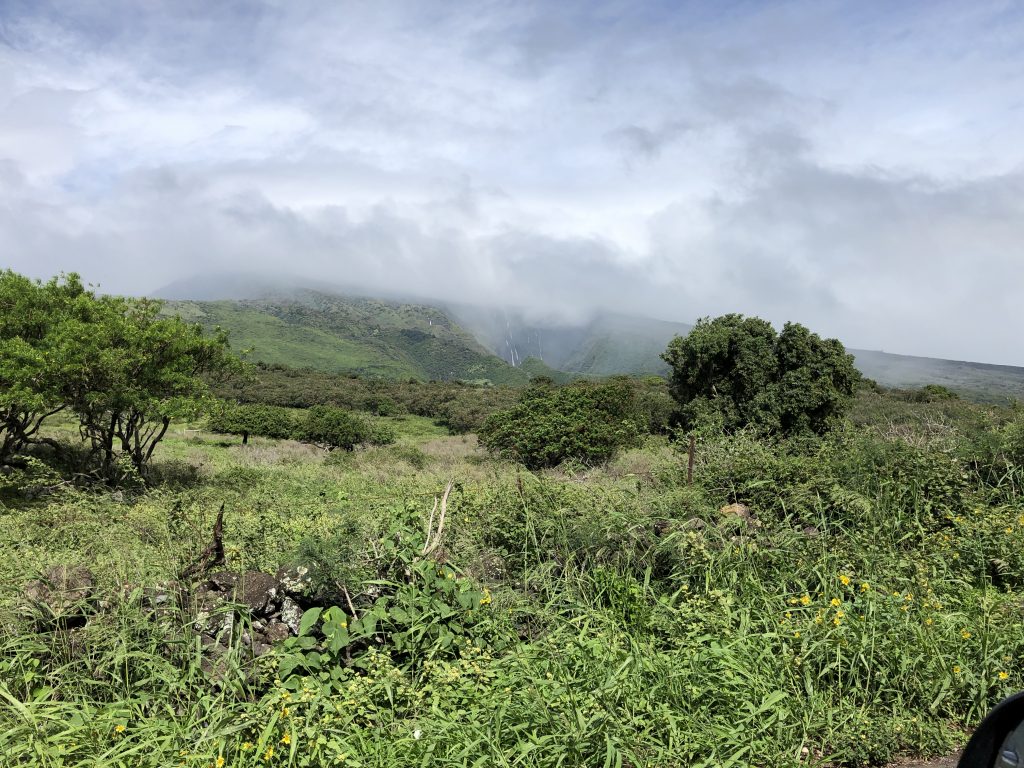
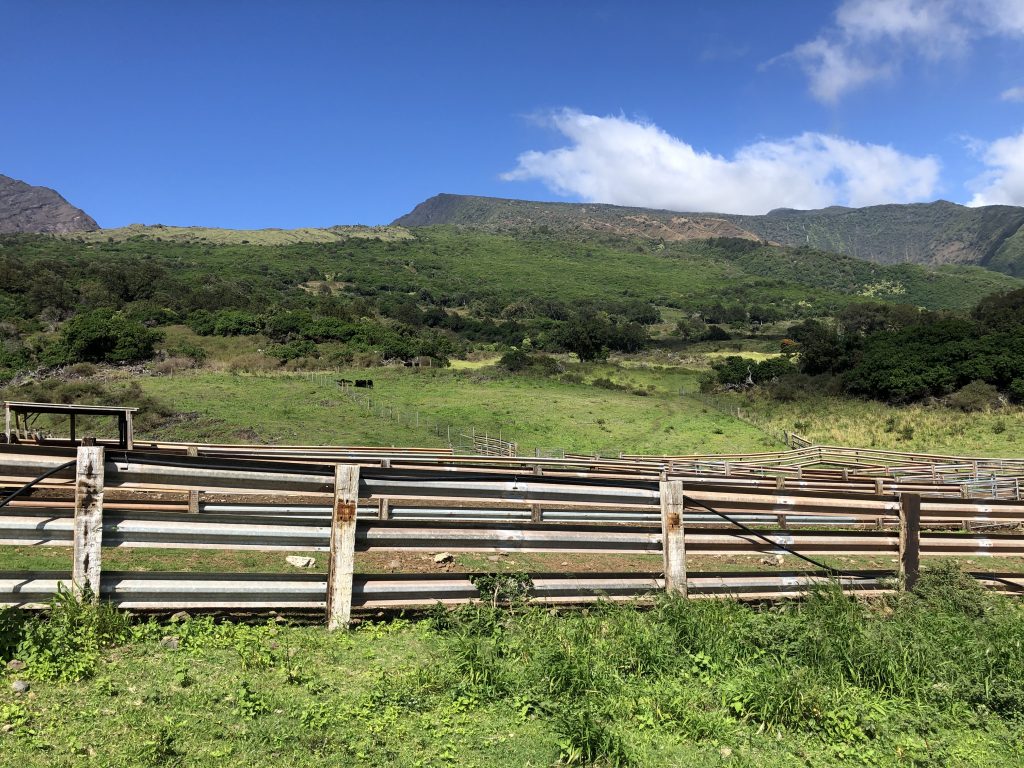
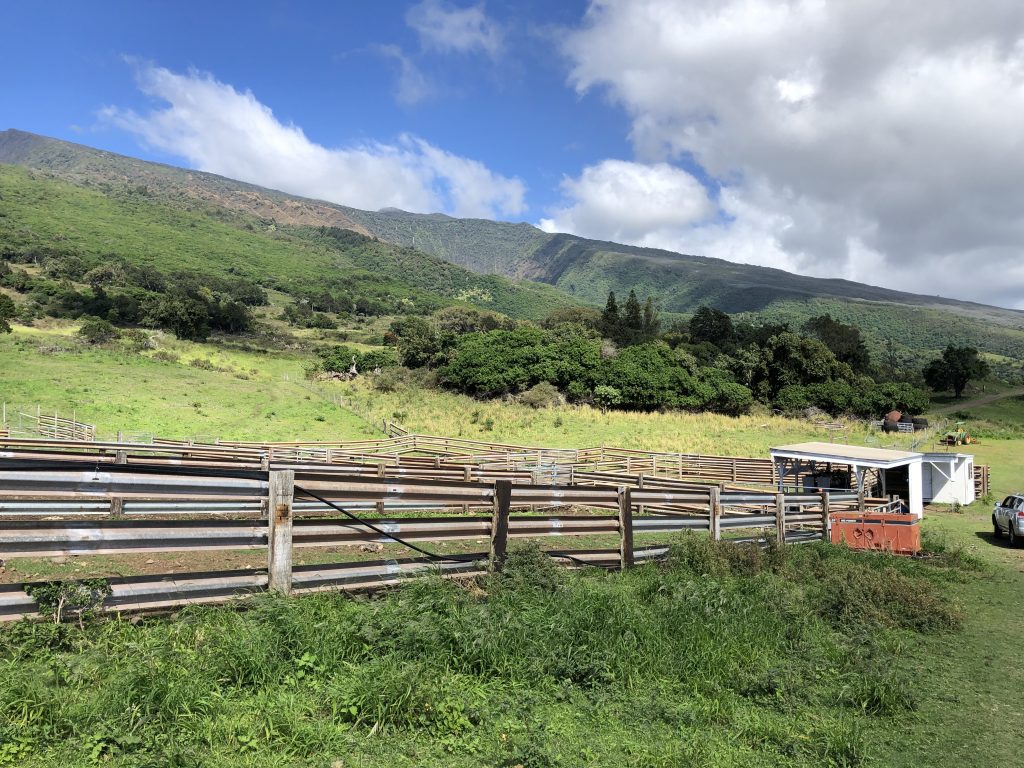
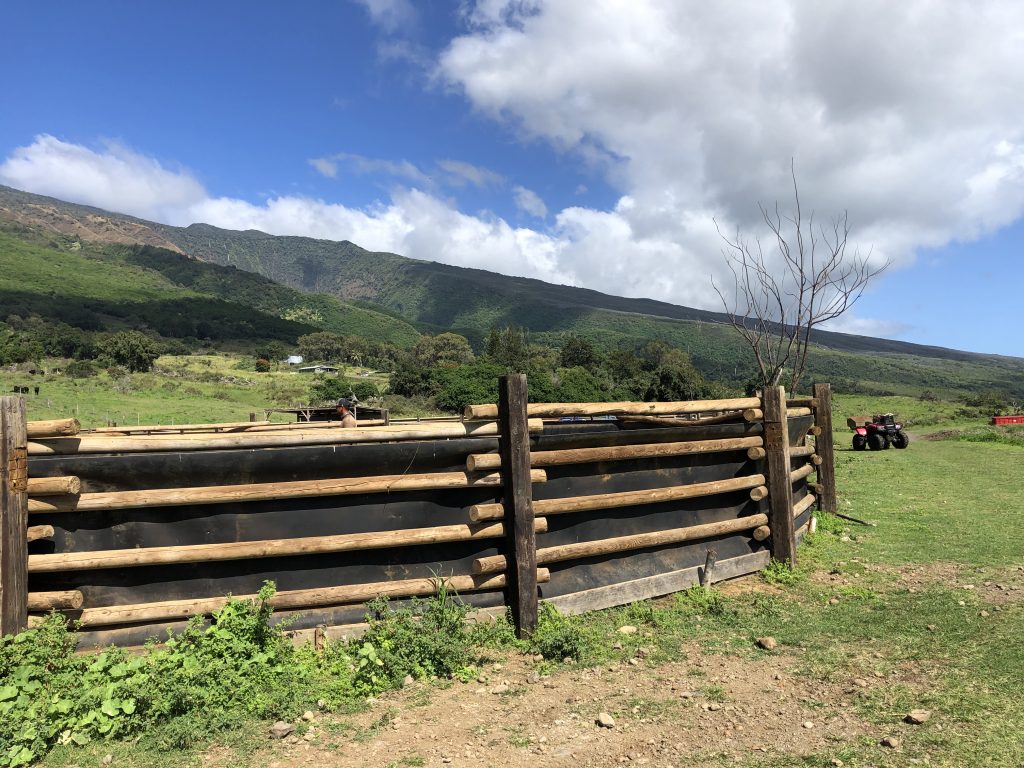

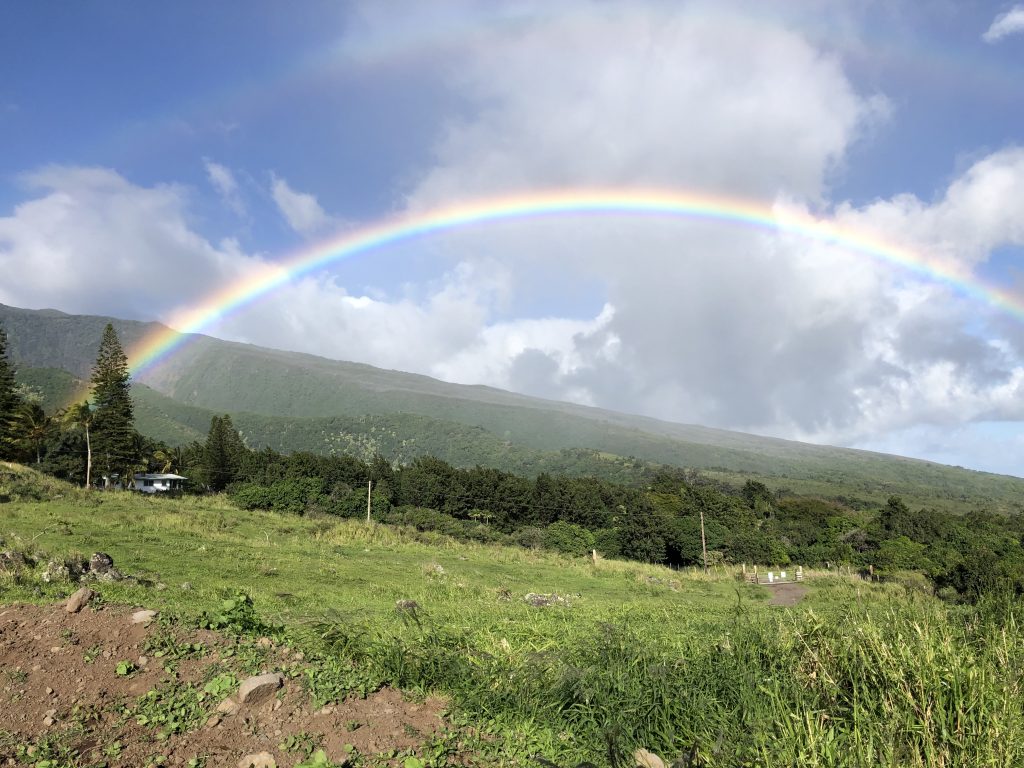
















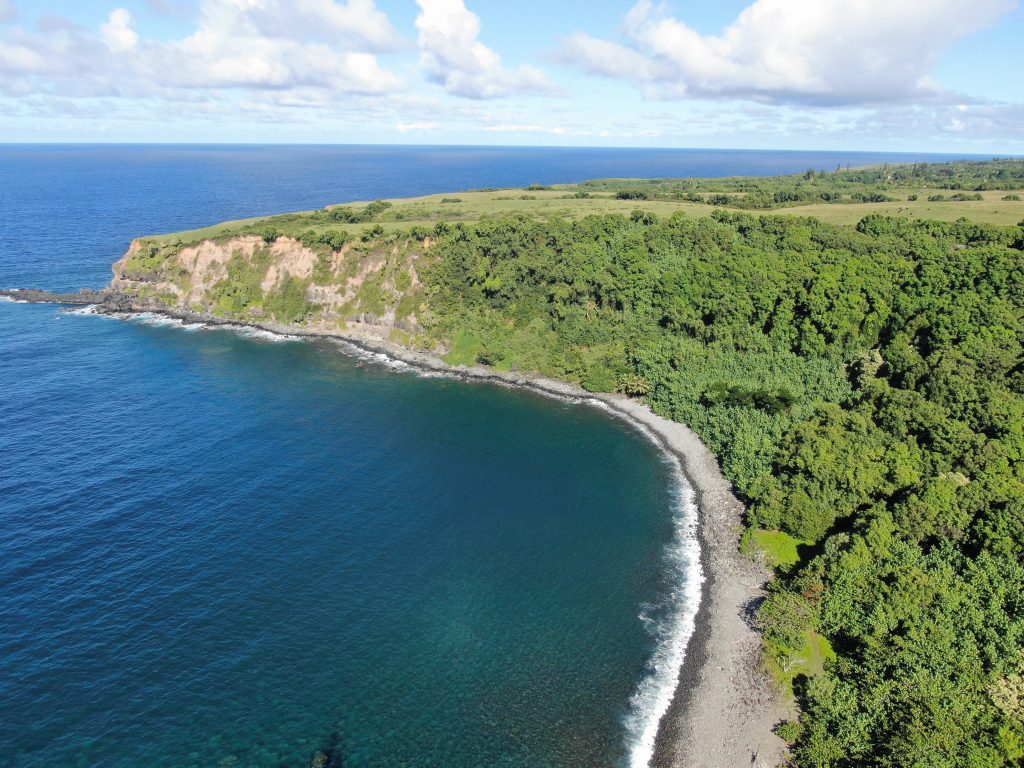
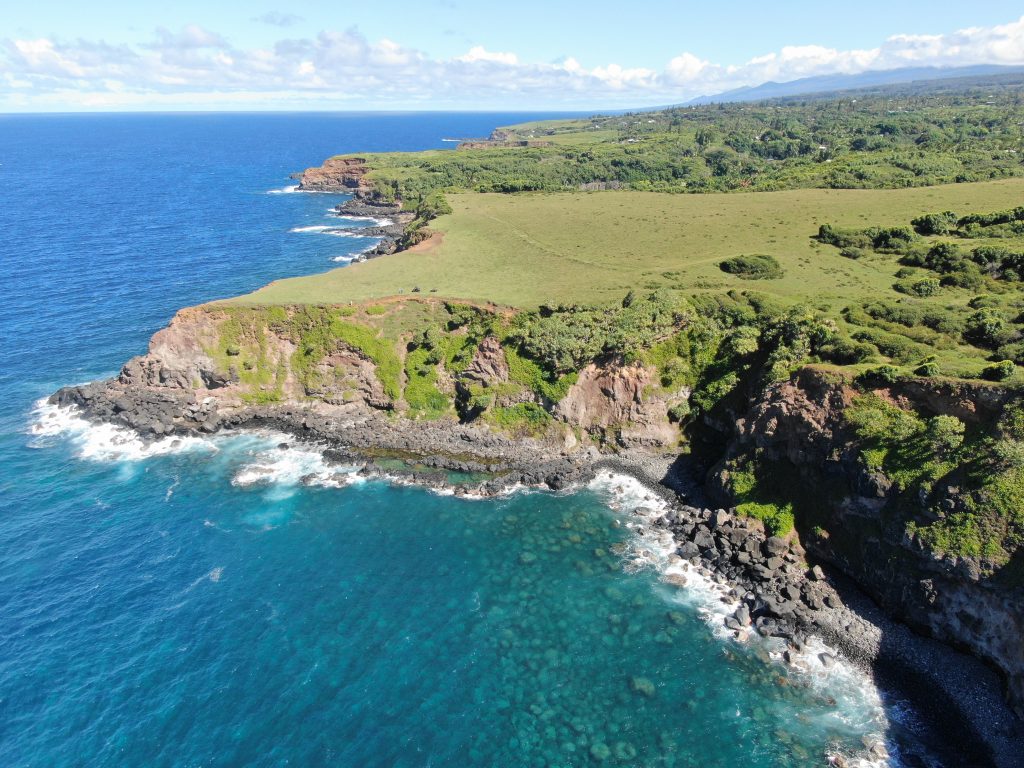







_1768613517521.webp)

